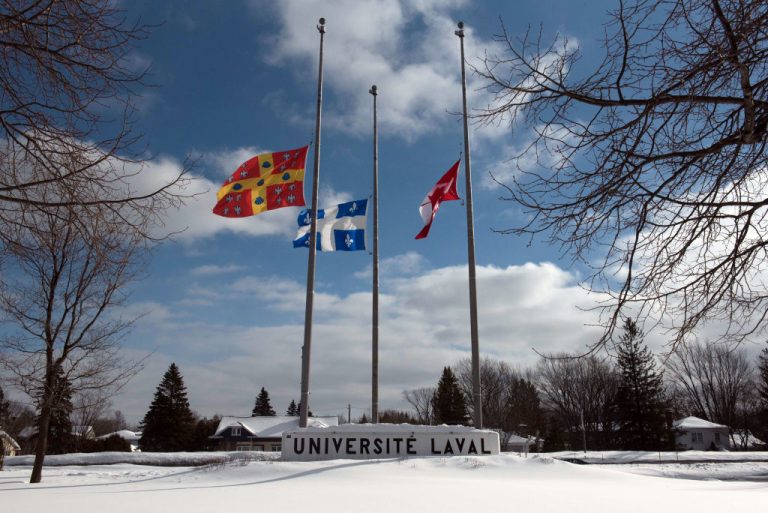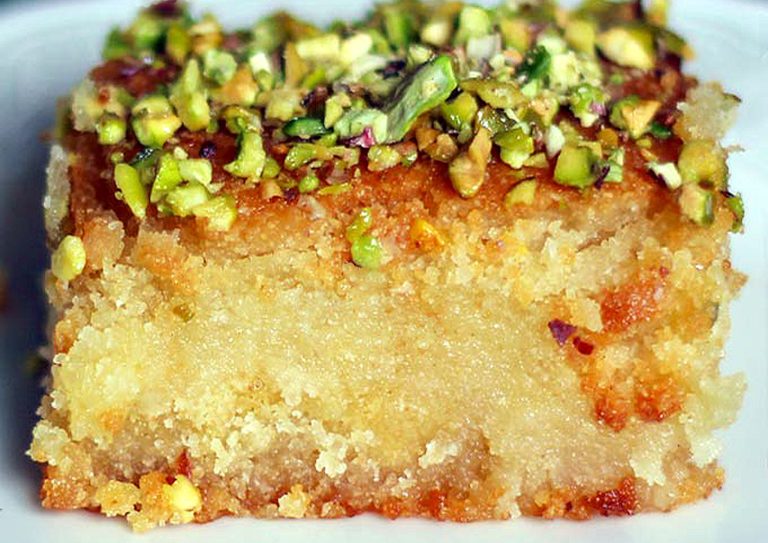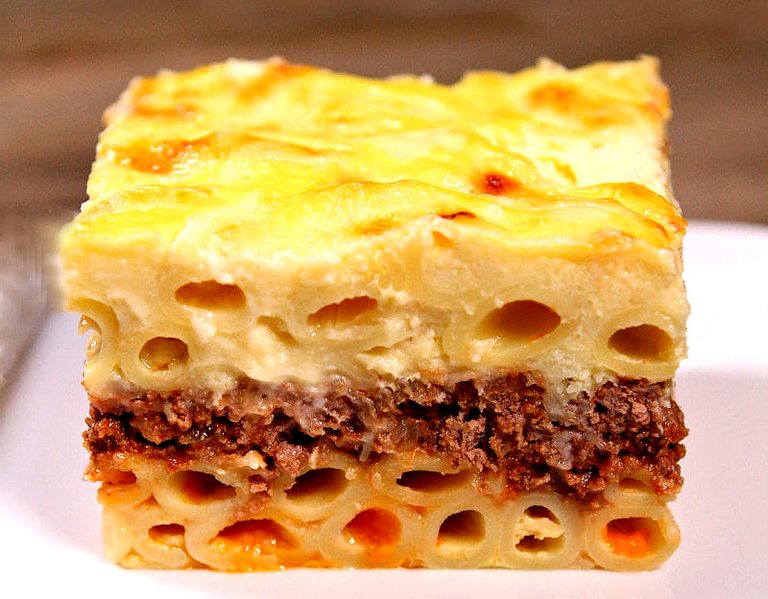Doctors in the Canadian Province of Quebec billed out almost $6 million for the controversial legalized euthanasia practice dubbed Medical Assistance In Dying (MAID) in 2022.
The revelation came from data in a Freedom of Information request published by the Run With Life blog on May 22 where the Government revealed it had paid $5,880,162 to doctors conducting MAID in 2022.
Run With Life asked the question, “Can you please provide me with all information relating to the payments made to health professionals in providing Medical Aid in Dying (MAID) to patients. I am looking for the total fees paid to these providers, for their MAID services (ie for MAID consults, counseling, injecting the drugs, etc).”
The Province provided a simple one-page table showing fees paid to general practitioners between Jan. 1 and Dec. 31, 2022 provided in French as Quebec is a Francophone province.
According to a Google Translated version of the document provided by the blog, the two largest fee items paid were $2,333,692 for consultations and examinations in response to a request for MAID, an item paid on a 15 minute basis, and $983,021 for “patient request finalized.”
Success
You are now signed up for our newsletter
Success
Check your email to complete sign up
Quebec isn’t the only Province that pays doctors to do consultations and ultimately provide legalized euthanasia.
In January, Vision Times reported that the fee schedule for doctors published on the British Columbia Ministry of Health website paid doctors “willing to serve as an assessor or a prescriber to MAID $43.24 per 15 minutes, up to 135 minutes, for a maximum of $389.16.”
The schedule also showed that practitioners would be paid $283.85 to administer the final injection and $126.72 if they needed to drive to the pharmacy to acquire the chemicals beforehand.
In response to the Freedom of Information request, Run With Life asked, “Imagine instead of killing these people, we spent that money on helping them with their poverty, their mental illness, their pain, and their suffering? Isn’t that what a caring society is supposed to do?”
Yet the statement is, for now, somewhat misleading. According to the Government of Canada’s website on Medical Assistance in Dying, physicians must assess that clients requesting MAID suffer from a “grievous and irremediable medical condition.”
The page specifically elaborates that grievous and irremediable medical conditions are classified as “a serious illness, disease or disability” that is “in an advanced state of decline that cannot be reversed.”
Alternatively, the ill person must “experience unbearable physical or mental suffering from your illness, disease, disability or state of decline that cannot be relieved under conditions that you consider acceptable.”
MAID eligibility specifically excludes mental illness, the page states, until March 17, 2024.
The trend is of significant impact to Canadian society. The GoC’s Third Annual Report On Medical Assistance In Dying In Canada, the most recent and published in 2021 stated that 10,064 medical suicides were conducted in 2021 “accounting for 3.3% of all deaths in Canada.”
It added, “The number of cases of MAID in 2021 represents a growth rate of 32.4% over 2020…All provinces continue to experience a steady year over year growth.”
It’s not just doctors cashing cheques in the MAID trend.
A May 19 interview published by the federally funded Canadian Broadcasting Corporation focused on a Quebec-area funeral home that rents space in its facility for those consenting to the final injection during legalized euthanasia.
“Do you want to watch a movie? Do you want a glass of wine? Some people want to be in groups of four or five, and we’ve had groups of up to 30 people,” said Mathieu Baker, chief of an undisclosed area funeral home, in comments about the full family and friends experience provided to takers.
La Presse, a French-language newspaper, published an article with a headline that translates to Medical Assistance in Dying Inc. on the same funeral home on May 19 that noted the charge was $700.
Baker told the outlet the fee had to be paid out of pocket, as it is not covered by the public healthcare system.
“He admits his own mother was in shock when she learned of the new formula offered by her son,” the authors stated.
Where government money is available, there’s always a danger of abuse.
For example, in September of 2022, French courts sentenced dentist Lionel Gudej, 49, and his father Carnot who worked as his assistant, 70, to eight and five years in prison respectively after conducting root canals on deceived patients and collecting billing from the national healthcare system.
During sentencing, the court, “Heard harrowing accounts of patients who had booked an appointment for minor issues, such as a cavity or loose crown, and ended up having scores of healthy teeth removed for no medical reason,” The Guardian reported at the time.
Gudej conducted 3,900 root canals on 327 patients who did not need their teeth extracted, many in 10 minutes instead of the 45 minutes required.
The Guardian added, “Most of his patients were from impoverished council estates in north Marseille and were on low incomes, so were able to claim the cost of the dental care back from the social security system.”
Gudej billed the government €2.9 million in fees in the process.
MAID is also a concerning practice in light of the changes to society resulting from the Coronavirus Disease 2019 (COVID-19) pandemic.
In November of 2021, New Zealand’s End of Life Choice Act 2019 came into effect. The Ministry of Health’s website defined “Assisted Dying” as “when a person with a terminal illness (and who meets the eligibility criteria) requests medication to relieve their suffering and end their life.”
The government paid a hefty $1,087.20 to doctors conducting the suicide.
In December of 2021, NZ website The Defender published a Ministry of Health response to the question, “Could a patient who is severely hospitalised with Covid-19 potentially be eligible for assisted suicide or euthanasia under the Act if a health practitioner viewed their prognosis as less than 6 months?”
The government answered in the affirmative when it stated, “Eligibility is determined on a case-by-case basis; therefore, the Ministry cannot make definitive statements about who is eligible. In some circumstances a person with COVID-19 may be eligible for assisted dying.”
Moreover, opening the door to legalized euthanasia for cases of depression or mental illness can lead to significant deviations from the original intention of the application, which carry even greater moral and ethical issues.
On May 23, a study by researchers from the UK and the Netherlands published by Cambridge University Press found that a search of 927 euthanasia case reports between 2012 and 2021 in Holland contained 39 that involved autism spectrum disorder (ASD) or intellectual disabilities.
“Factors directly associated with intellectual disability and/or ASD were the sole cause of suffering described in 21% of cases and a major contributing factor in a further 42% of cases. Reasons for the EAS request included social isolation and loneliness (77%), lack of resilience or coping strategies (56%), lack of flexibility (rigid thinking or difficulty adapting to change) (44%) and oversensitivity to stimuli (26%),” the paper wrote.
Authors added, “In one-third of cases, physicians noted there was ‘no prospect of improvement’ as ASD and intellectual disability are not treatable.”







